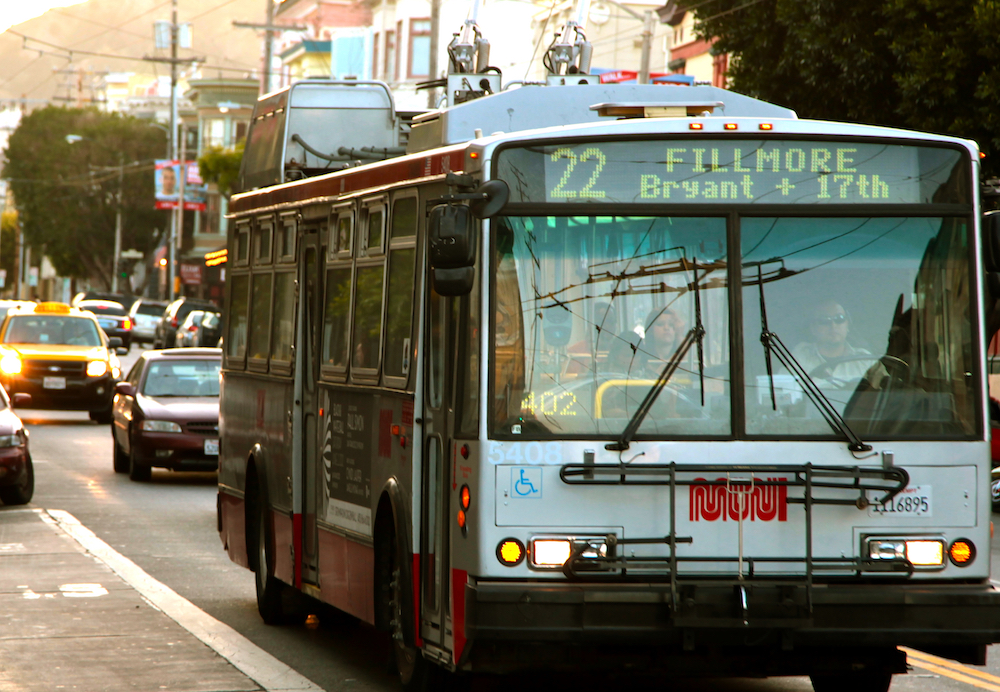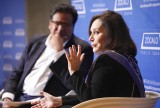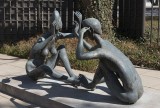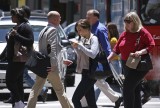When You Ride the Bus, You Ride With Big Data
Will Public Transit Apps Create Customers or Citizens?
When I first arrived in San Francisco in 1988, I often took a bus called the 22 Fillmore, which ran from Potrero Hill, made a right turn near the Castro, and out to the Tony Marina. On one end dwelled ancient socialites in little hats and on the other old longshoremen, with so much wackiness in between that the route was rightly called the “22 Fellini.” It was like the old canard about nudist camps—everyone on the bus was an equal, especially because none of us knew when the next …









